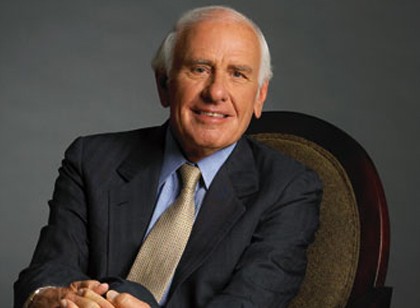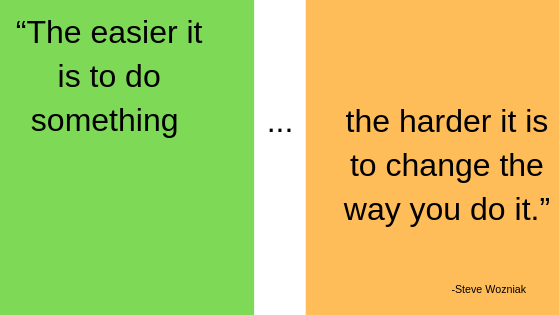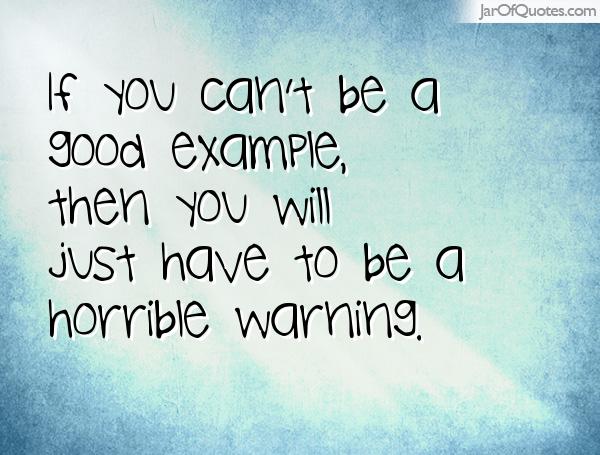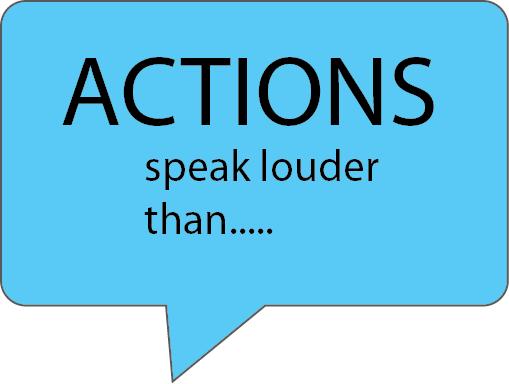“Success is not to be pursued. It is to be attracted by the person you become.”
—Jim Rohn, 20th Century American motivational speaker

Image from jimrohn.com
Jim Rohn, who passed away in 2009, was a personal development pioneer.
His over 6,000 seminars, countless books, tapes, learning programs and, of course inspirational quotes, have influenced millions.
Many of his wisest lessons were focused on our abilities to work on ourselves and contribute to others in our various communities.
One of his many students was a young, broke, down-and-out Tony Robbins, who has said many times that Rohn was the man who turned his life around. Tony, as we all know, has been working on himself for decades, and has paid forward similar lessons to millions.
EXERCISE:
What are the strategies, habits, and behaviors that help you continue your personal best journey?
What additional approaches can you incorporate in your days to both contribute to others and attract the success you desire?







